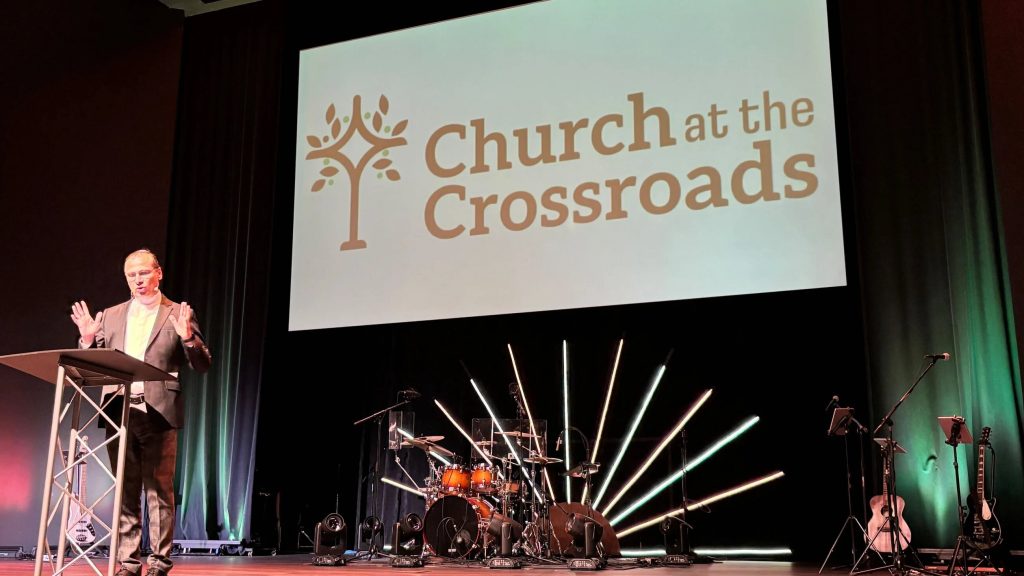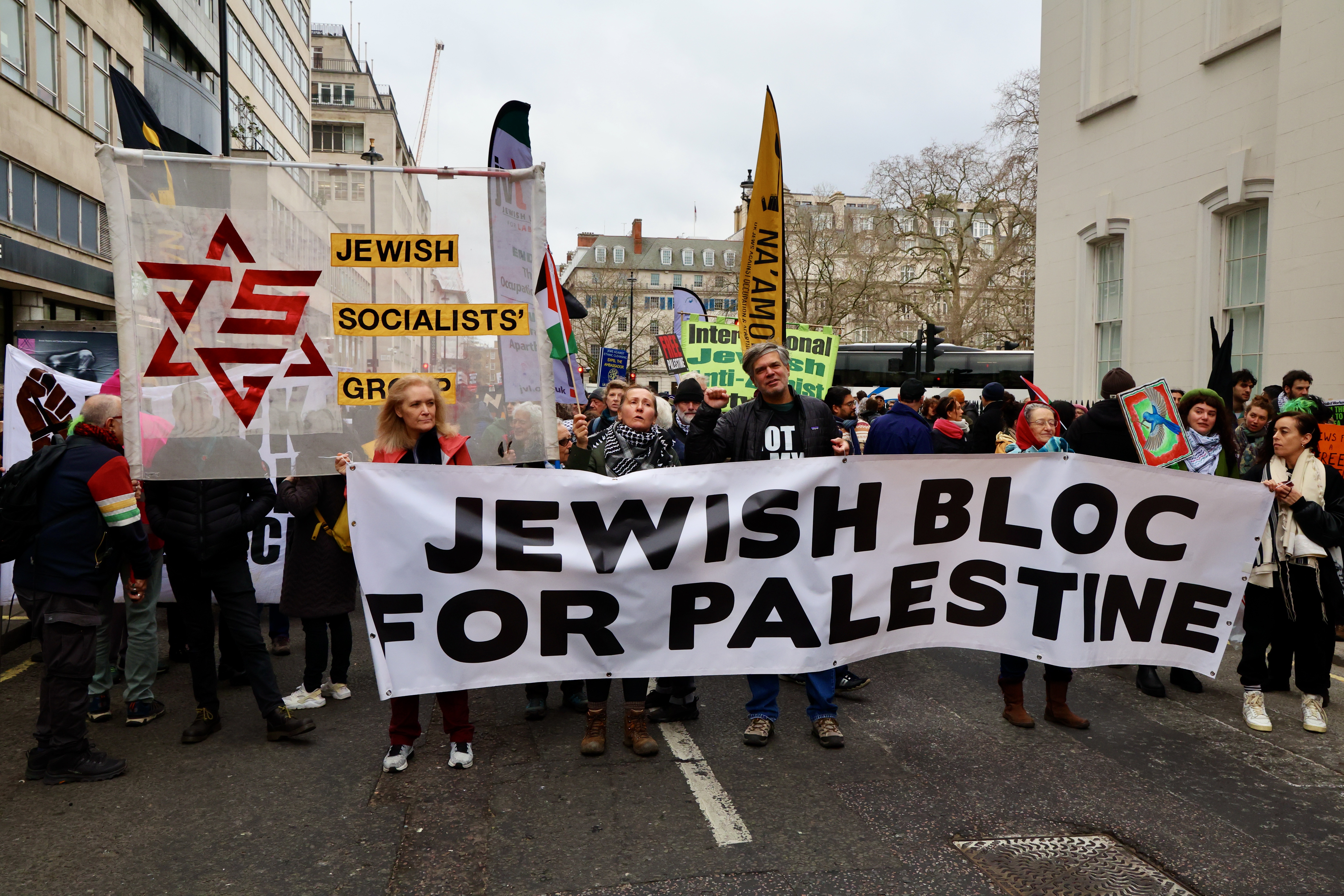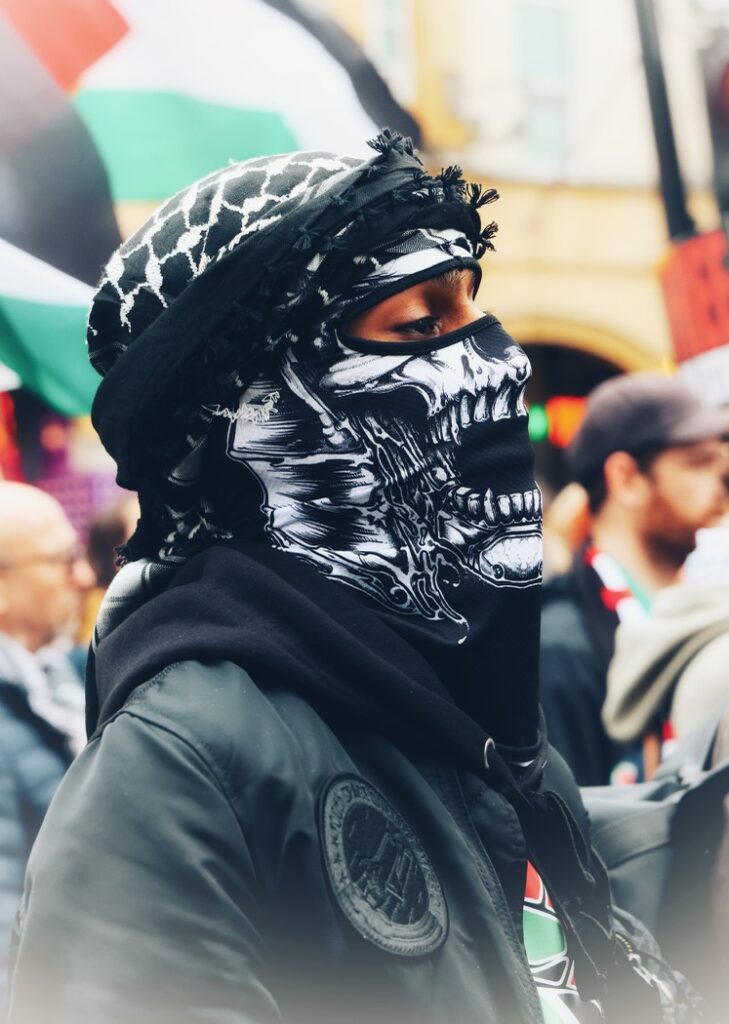
Christians gathering at the Church at the Crossroads conference in Glen Ellyn, Illinois in September, issued a vital and timely declaration. In it, they sought to respond to two public calls from our Christian siblings in Palestine and the Middle East: “An Open Letter from Palestinian Christians to Western Church Leaders and Theologians” (October 2023) and “A Collective Call to the Global Church from Middle East Evangelical Leaders” (August 2024).
Unable to attend personally, I nevertheless wholeheartedly endorse the declaration and urge you not only to sign it, but pledge to share it and endeavour, with God’s help, to make it a reality.
Read and endorse the Declaration here
View resources and recordings from the conference here
Church at the Crossroads was held on September 11-13 in Glen Ellyn, IL.
It is a gathering of Christians who recognize that the church stands at a defining moment–Jesus is urgently calling us back to the narrow way of the cross. As violence escalates in Israel and Palestine, and some in the Church use Scripture to justify war, occupation, or silence, we must ask: Have we traded the gospel of peace for the false promises of security and comfort?
At this crossroads, the Church must choose. Will we follow the political idols of our day—or Jesus, who disarmed the powers and made peace through His blood?
Rooted in Scripture and led by Palestinian Christian leaders—alongside pastors and peacemakers from across North America—this conference invites American Christians to engage in honest reckoning, prophetic reflection, and faithful action. Through worship, prayer, teaching, and fellowship, we are called to repentance, renewal, and courageous discipleship. This is a space to confront harmful theologies, rediscover the gospel of the Kingdom, and stand with all who seek justice in the land.
Jesus is calling the Church—not to comfort, but to faithfulness, peace, and costly love.
Will we follow?

















































































